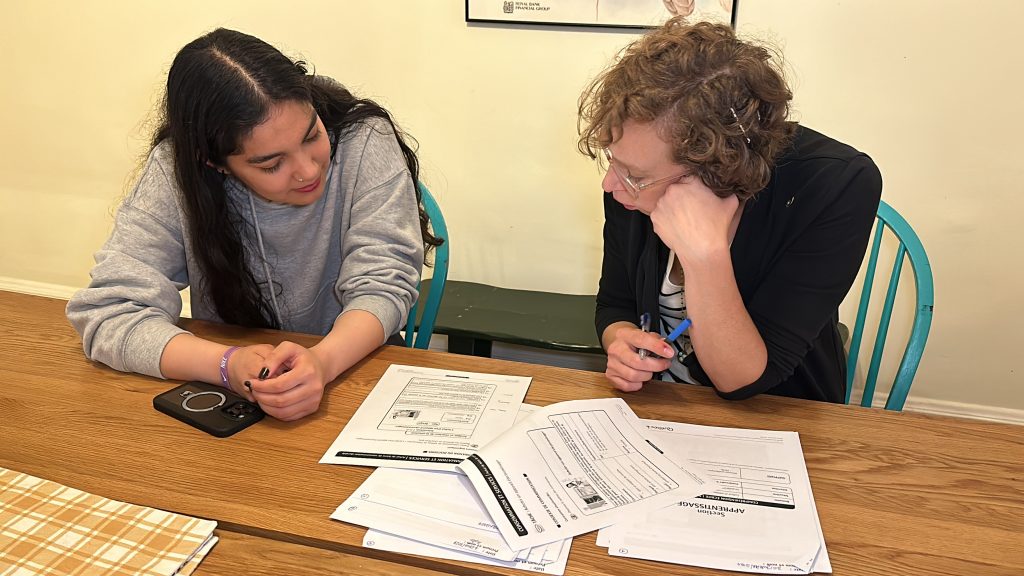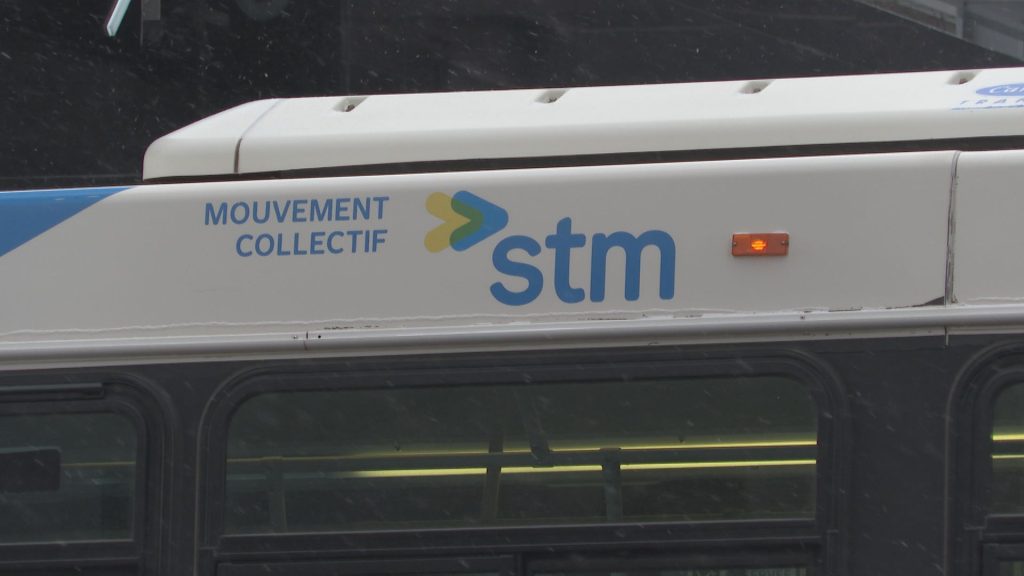Students enrolled in part-time French courses coping with removal of financial support from Quebec

Posted October 18, 2024 12:42 pm.
Last Updated October 18, 2024 6:51 pm.
Quebecers enrolled in part-time French courses are dealing with the removal of the $28 per day financial support from the provincial government.
Last month, Quebec Minister of Immigration, Francisation and Integration, Jean-François Roberge, decided to abolish the incentive to focus more on francization.
But some students say they were counting on the aid and got the news after they were already enrolled in the next session.
“We’re immigrants and nothing is fixed and nothing is certain for us, and you’re just making it less certain and more stressful every day,” said Susan Golmazari, a part-time student in French courses.
“It’s going to change my whole routine and everything. I have to cut some other expenses to pay for that one. And that’s not what I expected.”
Jessica Davis, another part-time French student says, “I would have appreciated a plan that decreased funding over time for all students fairly and with warnings, where you’re not putting these people in situations.”
Golmazari is from Iran and immigrated around seven months ago and Davis is originally from the U.S. and moved to Quebec from B.C. two years ago.
Both are enrolled in the same part-time French course and say they received a 10-day notice of the change in funding
“I think it’s unfair that they’re going to target one group of students but not make a better plan for supporting all of the students fairly,” said Davis.
The government says their Francisation Québec platform is free and they are maintaining reimbursements for full-time students.
But for someone like Golmazari, who works multiple jobs, it’s more difficult to enroll in full-time courses.
“For getting my [permanent residency] and for raising my scores, I need to work,” she said. “It’s not only the French, I need to work at the same time because that gives me points and I also have to learn French. I have to do a lot of things and I can’t just focus only on French.
“However, I’m already doing it because last night I was, I didn’t sleep because I was studying French until three a.m.,” Golmazari explained.
At the South Asian Women’s Community Centre, social services are provided — including language classes. Because of their renovations, they aren’t currently offering French courses, but Shipra Barua, a community worker, says she’s concerned for the future.

“If there is no financial support, I cannot motivate them to learn French because it’s one of my roles to motivate them for French class because they are looking for jobs and right away it comes about the language. So without languages, they cannot go for jobs,” said Barua.
In a statement to CityNews, Roberge’s office says: “Faced with the increase in temporary immigration, it is clear that francization is more in demand than ever. The funds released will allow us to francize approximately 15,000 additional people in 2025, and to work to reduce the waiting time to start a French course. […] This change is in line with our desire to franchise more and protect our language.”
However, Golmazari says, while it will be difficult for her to afford the courses without financial support, she will do it anyway.
“I have to do something because it’s important for me to learn French, otherwise I wouldn’t have come here.”








